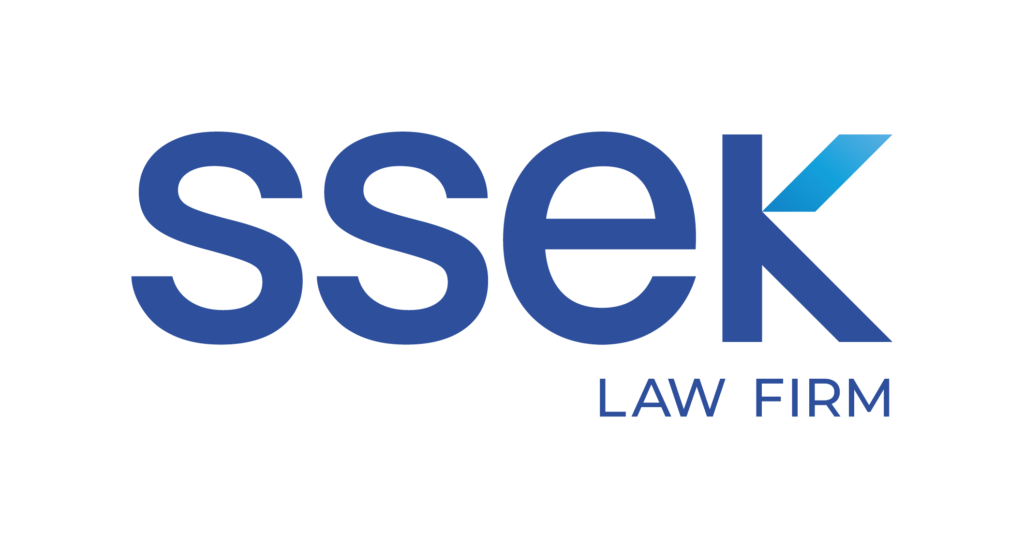Corporate M&A In Indonesia – Negotiation Phase.
Disclosure obligations in the context of an M&A transaction in Indonesia depend on the type of company, such as non-public and public. For example, the acquisition of a non-public company obliges companies to announce the transaction through a nationally circulated newspaper before closing the deal.
For an acquisition related to a public company, companies are also obliged to announce the transaction through a nationally circulated newspaper or on the stock exchange website. In addition, a prospective controller has the option to announce negotiations with the seller in a nationally circulated newspaper. This announcement is usually made if the buyer expects a rise in the price of the public company’s shares, which would affect the minimum price at which the buyer must purchase the shares during any subsequent mandatory tender offer (MTO).
If the prospective controller chooses not to disclose information resulting from the negotiations to the public, it is imperative that the parties involved maintain confidentiality regarding the information generated from these negotiations.
Market Practice on Timing
Indonesian market practice regarding the timing of disclosure is commonly in accordance with the requirements stipulated under applicable laws and regulations.
Scope of Due Diligence
Although not specifically required by any laws and regulations, companies typically perform due diligence on a target company prior to an acquisition. The due diligence commonly covers the following:
- corporate documents;
- compliance with general and industry-specific licensing and reporting requirements;
- tax;
- assets;
- material agreements;
- employment;
- intellectual property; and
- disputes.
Standstills or Exclusivity
It is common for offerors to demand an exclusivity period during the earlier stages of deals (e.g., during term-sheet negotiations and due diligence). This exclusivity period typically lasts for three to six months from the signing of a term sheet.
Definitive Agreements
Definitive agreements are generally permitted and are commonly used in Indonesia.Excerpted from the Corporate M&A 2024 Chambers Global Practice Guide, published by Chambers and Partners.
Find Corporate M&A: Indonesia here.
Further reading:
Recent Developments Related to M&A in Indonesia
Corporate M&A and Antitrust Regulations – Indonesia Legal Update
This publication is intended for informational purposes only and does not constitute legal advice. Any reliance on the material contained herein is at the user’s own risk. All SSEK publications are copyrighted and may not be reproduced without the express written consent of SSEK.







